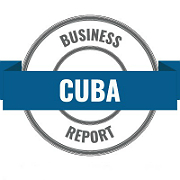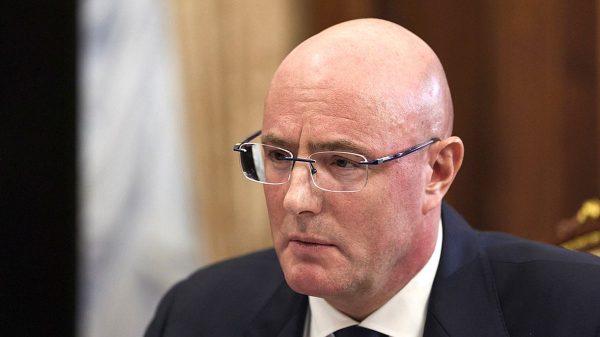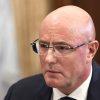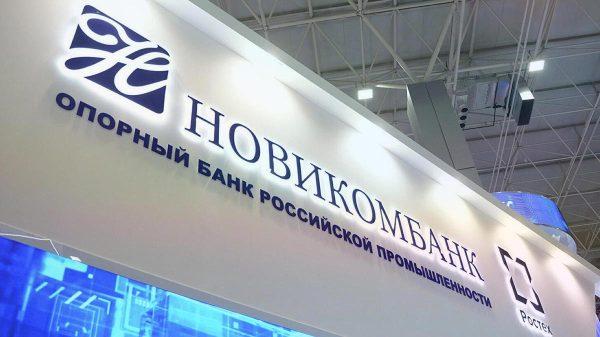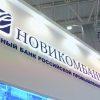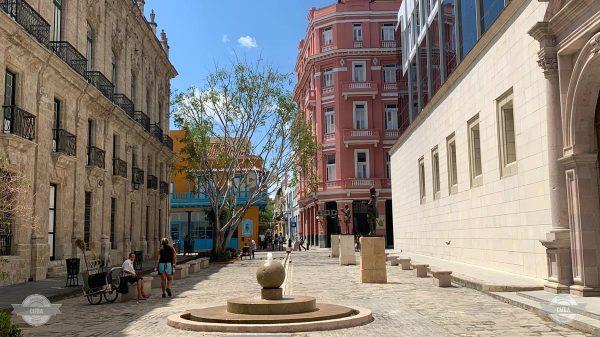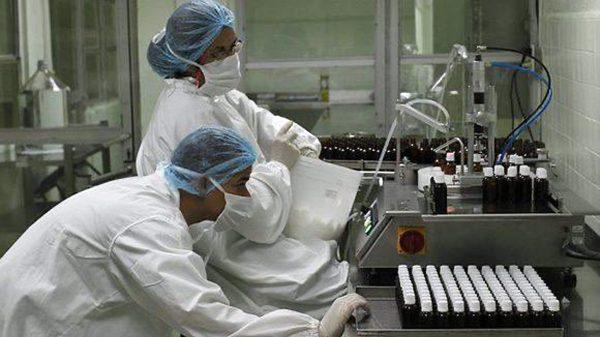It should come as no surprise that the Cubans and Russians have signed a number of deals in some very key industrial sectors. While the United States has been working feverishly to please a certain voting sector in Miami, trade and big business remain first and foremost these days for Havana and Moscow.
The relationship between the two nations is longstanding and strong. While the U.S. State Department continues to refine a policy with a 60 year track record of total failure, the Cubans have not wasted time and have been getting down to business.
The large deals are slipping easily into Russian hands. The Prime Minister of Russia, Dmitri Medvedev has completed his two-day official visit to Cuba. He’s returned to Moscow with a pile of signed deals – eight legal agreements in all, in air and rail transport, scientific-technical, customs, industrial sectors, and others. In addition, there’s an agreement to strengthen scientific-technical and innovative cooperation. One could not ask for a more successful business trip to
Accompanying Minister Medvedev on this trip was a team of high-level Russian officials including Yuri I. Borisov, Vice President of the Government and lead of the Russian-Cuban Intergovernmental Commission for Economic-Commercial and Scientific-Technical Collaboration (for the Russian side), Andrey A. Guskov, the Russian ambassador in Havana, Sergey A. Riabkov, Vice Minister of Foreign Affairs of the Russian Federation, and other government officials.
Cuba was ready to
After his meeting with President Diaz-Canel, Medvedev told the press, “(The U.S.) desire to create a toxic atmosphere around cooperation with the island, to scare off investors and create an energetic blockade is obvious. But Cuba’s experience resisting the blockade for nearly 60 years shows that this policy will fail.”
The signing of the legal instruments was not something that happened out of the blue or as a desperate response to the never-ending U.S. attacks against the Cuban economy. Last month the Cubans showed up (more than 50 Cuban businesses) at the Expocentre Fairgrounds in Moscow to present their wares under the theme “Cuba in Russia 2019.”
At the same time as the Expocentre fair, Cuban and Russian ministers held a 10th session of the Cuba-Russia Business Committee headed by Minister Cabrisas.
Trade and business were on the agenda at these meetings. A deal to export fruit and fruit products from Cuba to Russia was one of the results.
September was a busy month for Russian-Cuba The success of these joint projects and cooperation agreements are the results of the long-standing relationship between the two countries. It is based on mutual respect. It signifies During his two day visit, Medvedev took time out to visit the Capitolio building, the dome now covered with a layer of gold plates, a gift from Russia.
Medvedev also visited the joint Russia-Cuba project oil recovery facility in Mayabeque developed by the Russian oil company Zarubezhneft and Cuba Petroleum Union (CUPET).
Another highlight of his visit to the Cuban capital was the honor of receiving the Honoris Causa degree awarded to him by the University of Havana.
Diaz Canel will visit Moscow in late October to meet with Russian President Vladimir Putin. Russia is Cuba’s second trading partner in Europe and among its top ten trade partners in the world. Last month, Russian Deputy Prime Minister Yury Borisov said trade between Russia and Cuba had increased by 34 percent to $388 million in 2018. Cuba-Russia trade is expected to reach $500 million this year.
From our staff writers and editors.